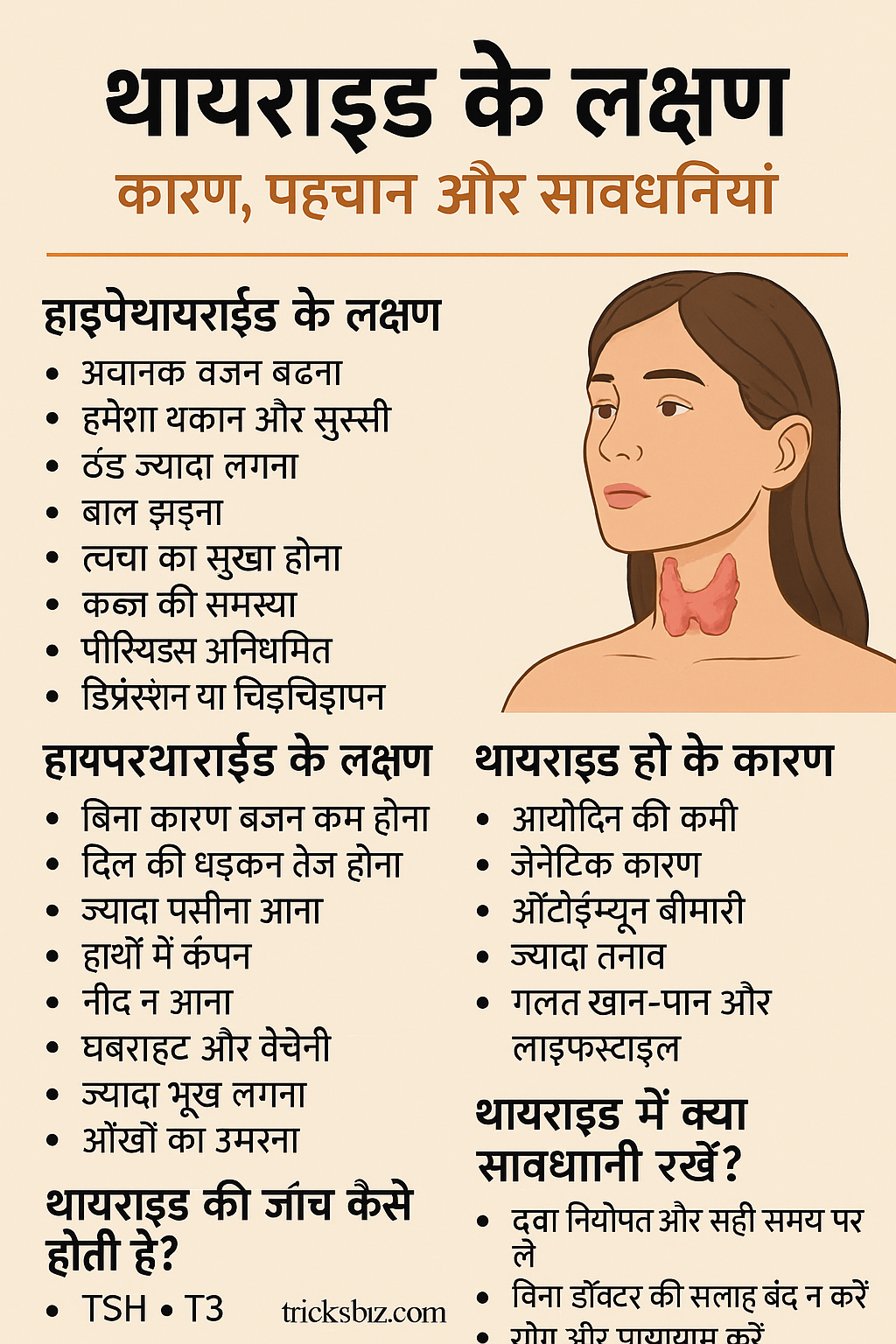
Developmental Disorders & Mother’s Care Before Childbirth
Bringing a healthy child into the world starts much before delivery. A mother’s physical, emotional, and nutritional care during pregnancy plays a vital role in reducing the risk of developmental disorders in children.
🧠 What Are Developmental Disorders?
Developmental disorders are conditions that affect a child’s ability to grow, learn, or interact socially. Common examples include:
-
Speech and language delays
-
Autism Spectrum Disorder (ASD)
-
Attention Deficit Hyperactivity Disorder (ADHD)
-
Intellectual disabilities
-
Learning difficulties
While not all causes are preventable, many maternal health and lifestyle factors can influence a child’s development.
🤰 Importance of Mother’s Care Before Birth
1. Nutrition During Pregnancy
-
Eat a balanced diet rich in proteins, vitamins, minerals, and iron.
-
Include folic acid (helps prevent neural tube defects) and iodine (supports brain development).
-
Stay hydrated and avoid junk food.
2. Regular Health Check-ups
-
Antenatal visits help track the baby’s growth.
-
Screening tests detect risks early.
-
Vaccinations (like tetanus) protect both mother and child.
3. Avoid Harmful Substances
-
Strictly avoid alcohol, smoking, and drugs, as they can cause birth defects.
-
Limit caffeine intake.
4. Mental & Emotional Wellbeing
-
Stress, depression, or anxiety in pregnancy can impact the baby’s development.
-
Practice relaxation, meditation, or yoga under professional guidance.
5. Infection Control
-
Protect yourself from infections like rubella, toxoplasmosis, and COVID-19.
-
Practice good hygiene and get necessary vaccinations.
🌟 Key Takeaways for Expecting Mothers
-
Eat healthy, stay active, and get enough rest.
-
Go for regular check-ups and follow your doctor’s advice.
-
Avoid harmful habits that may affect your baby’s brain and overall development.
-
Early care reduces the risk of developmental disorders in children.
Disclaimer: The information provided in this article is for educational purposes only and should not be considered medical advice. For any concerns about pregnancy, maternal care, or child development, please consult a qualified healthcare professional.
For more details, visit official health resources:
1. What are developmental disorders in children?
Developmental disorders are conditions that affect a child’s ability to grow, learn, or interact socially. Examples include speech delay, autism, ADHD, and learning difficulties.
2. How can a mother’s health before childbirth affect the baby’s development?
A mother’s nutrition, lifestyle, and emotional wellbeing during pregnancy play a direct role in the baby’s brain growth and overall development.
3. Which foods help prevent developmental problems during pregnancy?
Foods rich in folic acid, iron, iodine, protein, and vitamins are essential. Leafy greens, dairy, lentils, nuts, and fruits support healthy brain development.
4. What habits should be avoided during pregnancy?
Avoid smoking, alcohol, drugs, excessive caffeine, and junk food, as they may harm the baby’s growth and increase the risk of developmental issues.
5. Why are antenatal check-ups important?
Regular check-ups help track the baby’s growth, detect risks early, and ensure both mother and baby remain healthy throughout pregnancy.
6. Can stress during pregnancy affect child development?
Yes, high stress or untreated anxiety in pregnancy can impact the baby’s brain and emotional health. Relaxation, meditation, and family support can help.
7. What role do vaccinations play during pregnancy?
Maternal vaccinations (like tetanus) protect both mother and child from infections that may cause complications or developmental issues.










